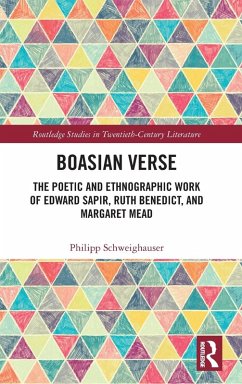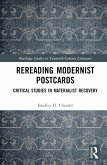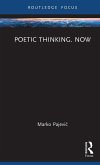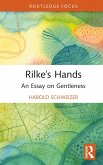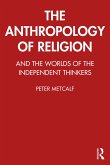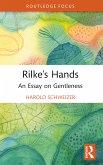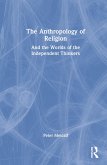Boasian Verse explores the understudied poetic output of three major twentieth-century anthropologists: Edward Sapir, Ruth Benedict, and Margaret Mead. Providing a comparative analysis of their anthropological and poetic works, this volume explores the divergent representations of cultural others and the uses of ethnographic studies for cultural critique. This volume aims to illuminate central questions, including:
Why did they choose to write poetry about their ethnographic endeavors?Why did they choose to write the way they wrote?Was poetry used to approach the objects of their research in different, perhaps ethically more viable ways?Did poetry allow them to transcend their own primitivist, even evolutionist tendencies, or did it much rather refashion or even amplify those tendencies?
This in-depth examination of these ethnographic poems invites both cultural anthropologists and students of literature to reevaluate the Boasian legacy of cultural relativism, primitivism, and residual evolutionism for the twenty-first century. This volume offers a fresh perspective on some of the key texts that have shaped twentieth- and twenty-first-century discussions of culture and cultural relativism, and a unique contribution to readers interested in the dynamic area of multimodal anthropologies.
Why did they choose to write poetry about their ethnographic endeavors?Why did they choose to write the way they wrote?Was poetry used to approach the objects of their research in different, perhaps ethically more viable ways?Did poetry allow them to transcend their own primitivist, even evolutionist tendencies, or did it much rather refashion or even amplify those tendencies?
This in-depth examination of these ethnographic poems invites both cultural anthropologists and students of literature to reevaluate the Boasian legacy of cultural relativism, primitivism, and residual evolutionism for the twenty-first century. This volume offers a fresh perspective on some of the key texts that have shaped twentieth- and twenty-first-century discussions of culture and cultural relativism, and a unique contribution to readers interested in the dynamic area of multimodal anthropologies.

